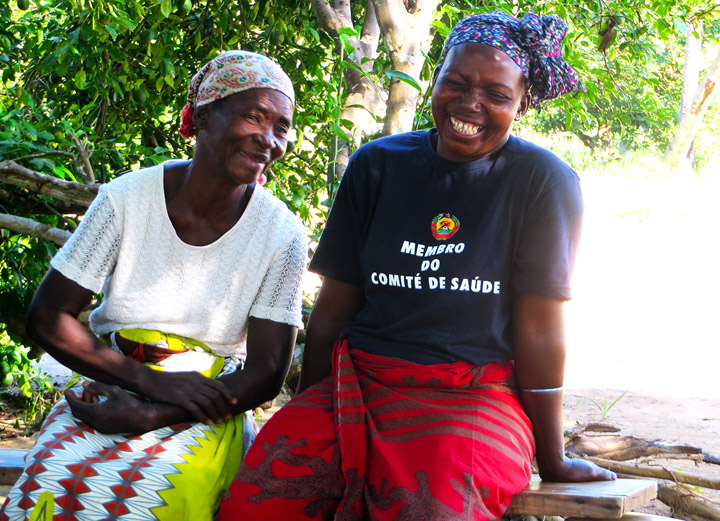Researchers at the University of Saskatchewan have been awarded $16.6 million by Global Affairs Canada to increase maternal and newborn survival rates in Mozambique.

The team at the Saskatoon-based university will be partnering with national and provincial health ministries in Mozambique to help improve health services for women and tackle gender barriers that prevent them from accessing effective care.
READ MORE: University of Saskatchewan tests Canada’s first PhytoPET imaging system
The African nation has one of the world’s highest mortality maternal rates at 489 deaths per 100,000 live births according to the United Nations.
In Canada, the mortality rate is seven per 100,000.
“We are adopting a community-based, family-supportive and women-enabling approach to reduce deaths during childbirth and improve infant health outcomes,” Nazeem Muhajarine, an epidemiologist and community health researcher at the university, said in a release.
Muhajarine’s team, which will include around 25 undergraduate and graduate students in medicine, nursing, nutrition and physiotherapy, will study cases to understand contributing factors and establish a baseline on mortality rates to evaluate the project’s effectiveness.
READ MORE: $1.5 million funding renewal for Saskatchewan clinical stroke research chair
Another key to the project, said project director Denise Kouri, is that it will take into account “community and family factors in women’s lives, as well as medical factors.”
Part of the plan will be the training of more than 1,000 new health care workers and improving the ability of practitioners to respond to women’s needs through improved technical skills and better supportive attitudes.
“Canada believes that this is the most effective way to make a significant difference in the lives of the most vulnerable,” Marie-Claude Bibeau, Canada’s minister of international development, said in a statement.
“Working in collaboration with Canadian researchers and local partners in Mozambique, Canada will help ensure that women and girls’ right to access quality sexual and reproductive health care services are respected.”
The six-year project will build on the University of Saskatchewan’s 20-year partnership with the Inhambane province on the Mozambique’s southern coast.


Comments